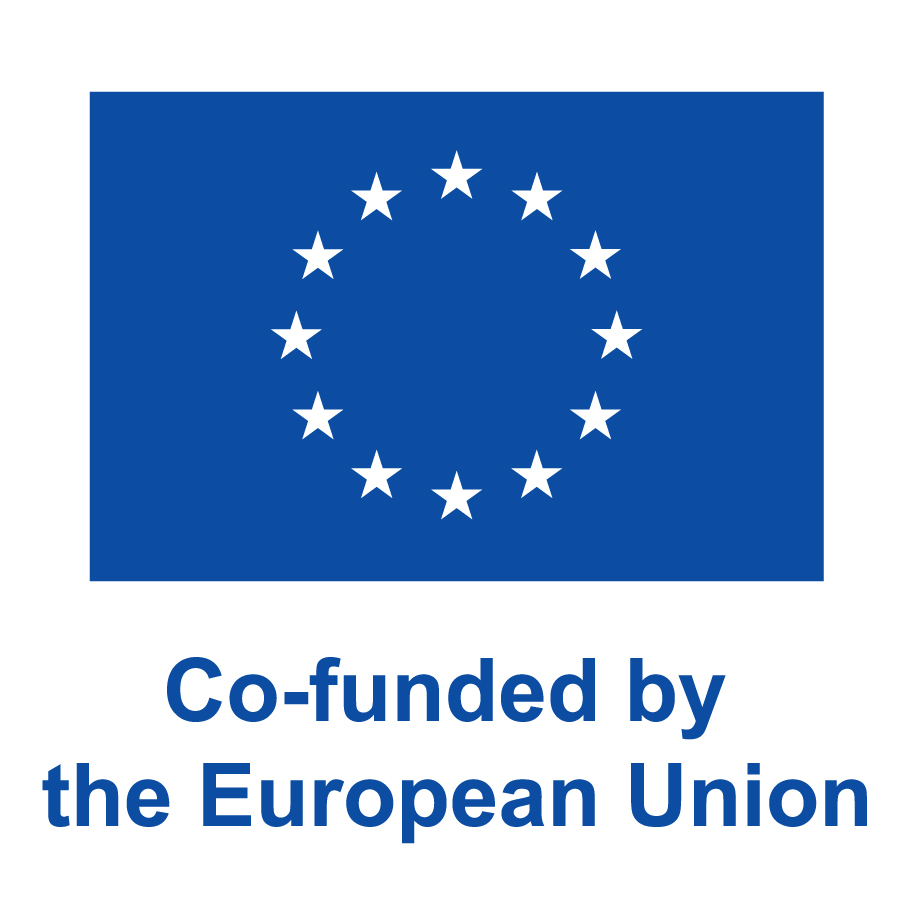Blogs and Publications
EU Integration and Citizens’ Rights – Why does it matter?
-500x332.png)
Professor Dagmar Schiek, Synnott Family Chair in EU Law highlights how UCC’s JMCE “EU Integration and Citizens’ Rights” contributes to European studies in a decisive time for the future of the EU, summarising the JMCE kick-off and reflecting on its academic Seminar, ”EU Constitutionalism, Rights and Right-Wing Populism”.
On 28 September 2022 UCC’s Jean Monnet Centre of Excellence launched its academic programme in a week which could not have been more decisive for the future of the EU: On Sunday 25 September Italian voters had paved the way for the fourth EU Member State to be governed by a coalition led by far-right populists (joining Hungary, Poland and Sweden) and Russia was preparing referendums meant to legitimise its annexation of Ukraine, an EU neighbour state linked to the EU through an association agreement. In the same week Maastricht University staged two events recalling that about 30 years ago the Maastricht Treaty was signed, reflecting on its institutional innovations and the introduction of EU citizenship as well as the advent of the common currency, while Copenhagen University launched a conference on the EU’s post-colonialism.
What is the relevance of researching EU Integration and Citizens’ Rights amidst all this? In short, our ambition is to highlight the perspective of citizens towards rights generated by the EU within the EU, in its neighbourhood and through its global activities. Our research goes beyond the trodden path pursued by political scientists, who are more often than not focused on institutions and processes, as well as those avenues paved by legal research, which tends to prioritise the value of EU rights in litigation. Instead, we ask how citizens can actively use EU derived rights in ways impacting on or even changing their lives. This sociological perspective on rights allows us to shed light on the question how the EU can become a medium for citizens to engage with each other in ways beyond mere institutional politics.
We use topical fields to explore these questions in three geographical areas - within the EU, the EU's Eastern and Western neighbourhood (more precisely the UK and Ukraine and the EUs globa politics with a focus on trade agreements and relations to China. Looking at rights in the Union we firstly ask more traditionally what EU citizens' rights to movement across borders were worth in a global pandemic, and what we can learn from the limitations established therein.
We then consider whether citizens can effectively combine to create those social rights the EU is accused of curtailing at national level through EU wide action, taking the recent Citizens’ Initiative pursuing a universal basic income as an example. Next, we consider how the non-verbal interaction of citizens in the EU through watching international sports events is effectively curtailed by EU law limitations, before we turn our attention back to the after-effects of the COVID economic crisis, asking what the EU flagship initiatives around anti-discrimination rights contributed to avoid further stratification of societies. The themes movement of citizens and anti-discrimination rights are also central to our research on the relationship between the EU and the UK at the example of Northern Ireland on the one hand, and the evolving relationship to Ukraine. How can citizens in both these regions rely on rights to move into the EU and back guaranteed in mere international agreements, and in how far does the obligation to maintain or adopt the EUs anti-discrimination acquis contribute to overcome the dynamics of divided societies? These two events to be organised in July 2023 and March 2024 respectively explore the extent to which not directly enforceable rights may still make a difference. In relation to the EU’s global activities, citizens’ rights might seem a far-fetched category: the EU’s economic might may induce non-Member States to adopt their regulatory environment to the EU market. But can citizens actually rely on those rights? This is the theme of our next event in November 2022, before we delve into questions of how effectively the EU promotes human rights in its trade agreements in April 2023 or relations with China specifically (April and August 2024).
Our centre launch was rounded off with an academic analysis of far-right populism with two sociologists from University of Bologna (Dr Paul Blokker) and Queen’s University Belfast (Dr Ulrike Vieten) respectively. Both speakers have written on far-right populism long before the Italian elections. Paul Blokker highlighted the dangers of far-right constitutionalism, which lie in the utilisation of litigation enabled also by the EU structures to pursue uncivil society by legal means. Ulrike Vieten focused on normalisation of far-right discourse, using the example of pandemic-populism which skilfully connected protests against restrictions of free movement and other human rights with right-wing mobilisation.
We are looking forward to a series of events, which will offer more opportunities to discuss and engage with our research.



-120x120.png)